SUMMARY
This is AI generated summarization, which may have errors. For context, always refer to the full article.
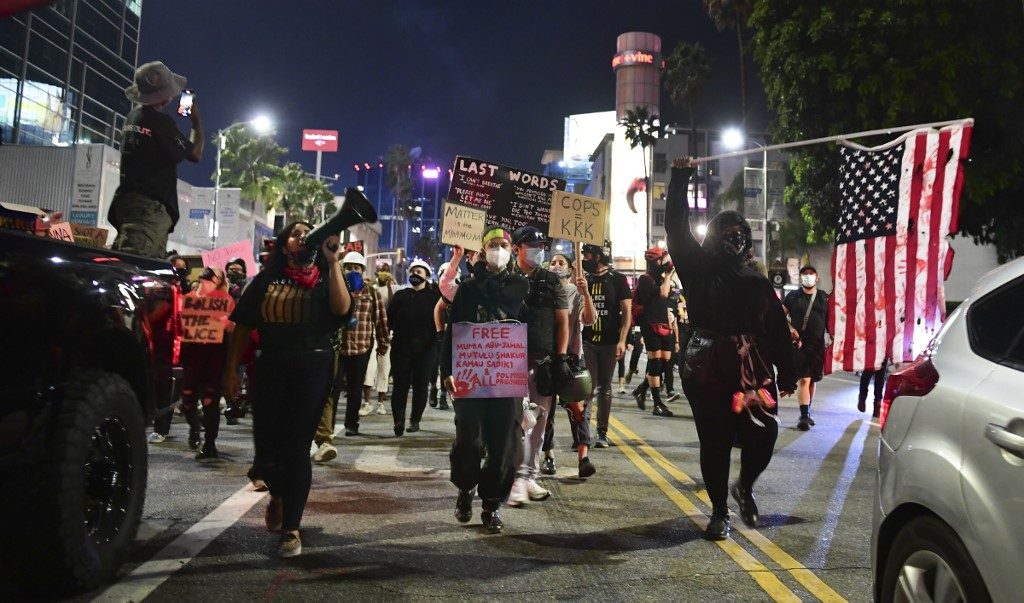
Racial inequality has cost the United States economy $16 trillion in wealth over the last two decades, Citigroup said in a report on Thursday, September 24.
The banking giant – pointing to the drag from unequal pay, housing discrimination, education disparity, and other long-standing ills in the United States – simultaneously pledged $1 billion in initiatives for Black-oriented business needs.
“Addressing racism and closing the racial wealth gap is the most critical challenge we face in creating a fair and inclusive society and we know that more of the same won’t do,” said Citigroup chief executive Michael Corbat in a press release.
“Citi is committed to leading the way and investing in communities of color to build wealth and strong financial futures.”
The glossy 104-page report, which features a photo of a fist-bump between a white and Black person on its cover, lays out a gamut of issues, including policing and voting rights. Its release come as US businesses face pressure to respond to rising public concerns about racism.
The report notes the sizeable wage gap for Black and Hispanic workers, the result of “an extended history of job discrimination, plus unequal access to quality education in the US.”
Citigroup pointed to the problem of financial “redlining” that has left Black consumers more vulnerable to predatory lenders, or to unfavorable terms from banks.
Black entrepreneurs also face more barriers to finance than white firms, the report said, noting that “if Black-owned firms are passing the gauntlet along myriad metrics, but still not receiving funding, then the epsilon may be bias.”
Addressing racial equity gaps could add $5 trillion to US growth over the next 5 years, Citi said.
Citi pledged a number of steps, including $550 million to support home ownership for people of color and affordable housing by minority developers. Other programs support minority depository institutions, Black-owned suppliers, and entrepreneurs.
Citigroup also promised to strengthen its policies to become “an anti-racist institution,” including by addressing bias in software design and representation of people of color in marketing materials.
US companies have been unveiling more socially-oriented initiatives in the wake of nationwide racial justice protests earlier this year, but skeptics say more concrete action is needed to back up the expressions of outrage after the killing of George Floyd.
Much of corporate America remains dominated by white men at the highest levels, although Citigroup earlier this month tapped Jane Fraser as the first female chief executive of a large bank. Citi’s chief financial officer, Mark Mason, is African American. – Rappler.com
Add a comment
How does this make you feel?
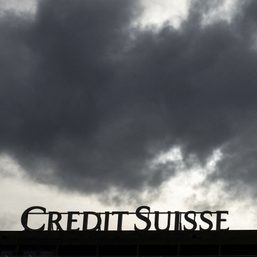


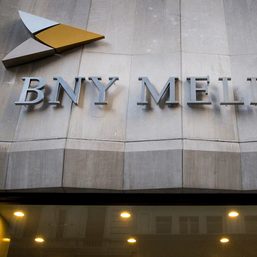
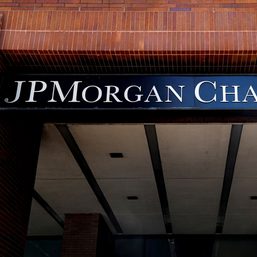
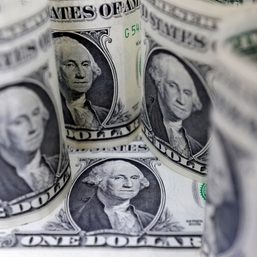


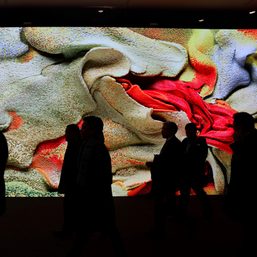







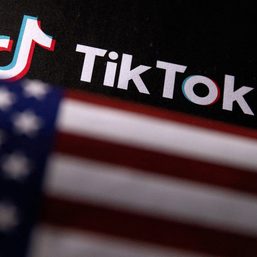
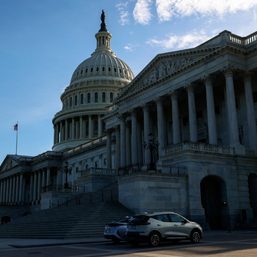


There are no comments yet. Add your comment to start the conversation.